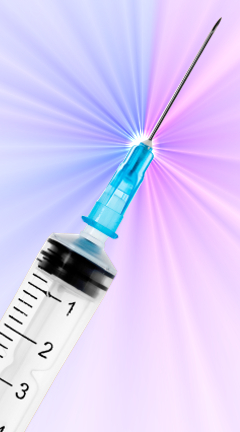New team for Strep vaccine
 Funding has been provided for a national consortium to find a vaccine against Strep A.
Funding has been provided for a national consortium to find a vaccine against Strep A.
The $35 million national consortium has been formed to fast track the search for a vaccine against the highly-contagious bacterium that causes around 500,000 deaths every year.
The Federal Minister for Indigenous Health, Ken Wyatt, awarded the $35 million to the Telethon Kids Institute in Perth as leaders of the consortium.
It features a range of partners from across Australia, including Melbourne’s Murdoch Children’s Research Institute (MCRI).
MCRI infectious diseases professor Andrew Steer, who is a world expert in Strep A, says Aboriginal and Torres Strait Islander communities have some of the highest rates of Strep A disease in the world.
“Strep A usually begins with a sore throat, but if left untreated it causes the immune system to become overactive, which can result in rheumatic heart disease, where antibodies damage the heart valves,” Prof Steer said.
“Globally Strep A is almost as deadly as malaria parasites, tuberculosis bacteria and HIV but internationally very little has been invested in Strep A research. This funding is very welcome, because with a new vaccine we could stop Strep A infections in Australia and around the world.”
The experts will soon begin testing two new vaccines in human volunteers.
“In Australia 94 per cent of rheumatic heart disease occur among Indigenous Australians,” Prof Steer said.
“Globally rheumatic heart disease affects more than 33 million people, causing about 500,000 deaths. That is why it’s imperative we develop a vaccine.”
Prof Steer said Strep A also caused skin sores, septicemia (blood poisoning) and toxic shock syndrome.
“Rheumatic heart disease leads to serious complications such as stroke and premature death in young adults and even adolescents,” said Professor Jonathan Carapetis, Director of the Telethon Kids Institute.
“And while the disease is preventable, and treatable when found early, young people continue to die because it’s detected too late.”
Prof Carapetis said developing a Strep A vaccine could have a real impact on closing the gap in Indigenous heath in Australia.







 Print
Print